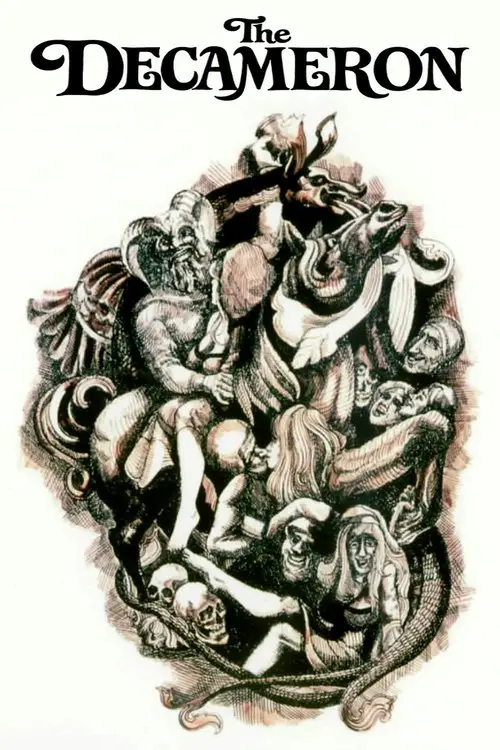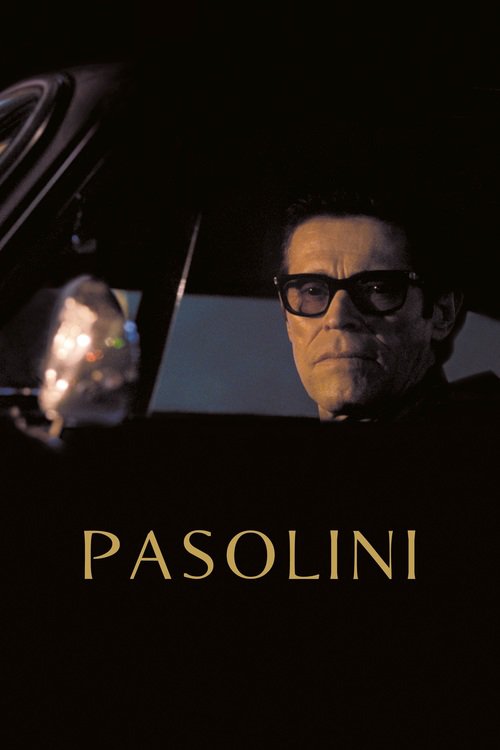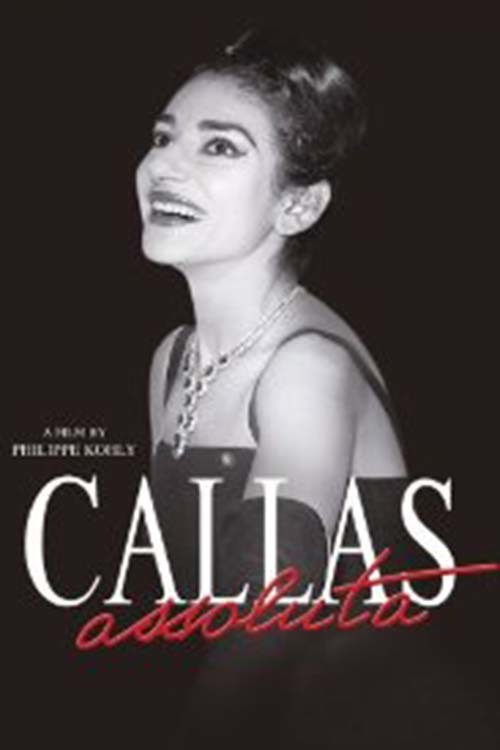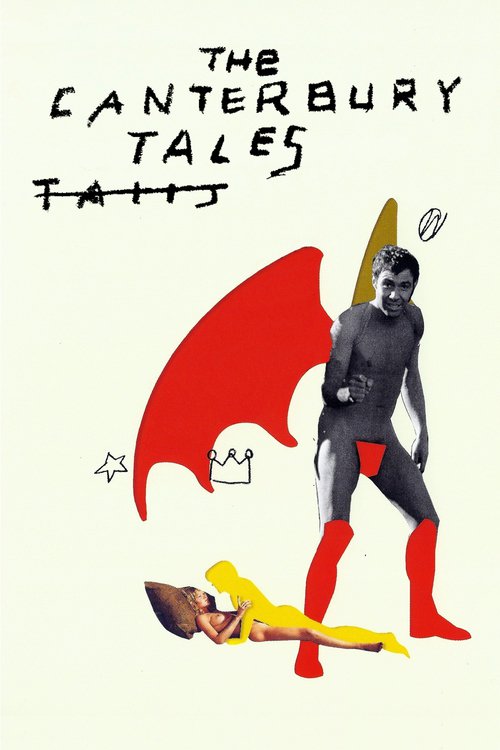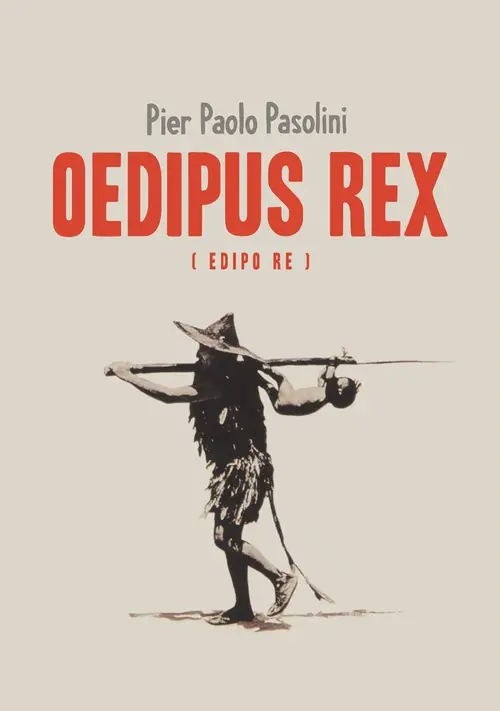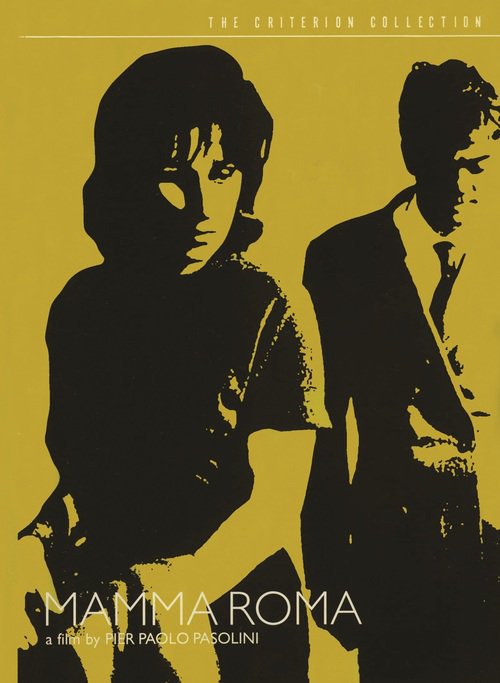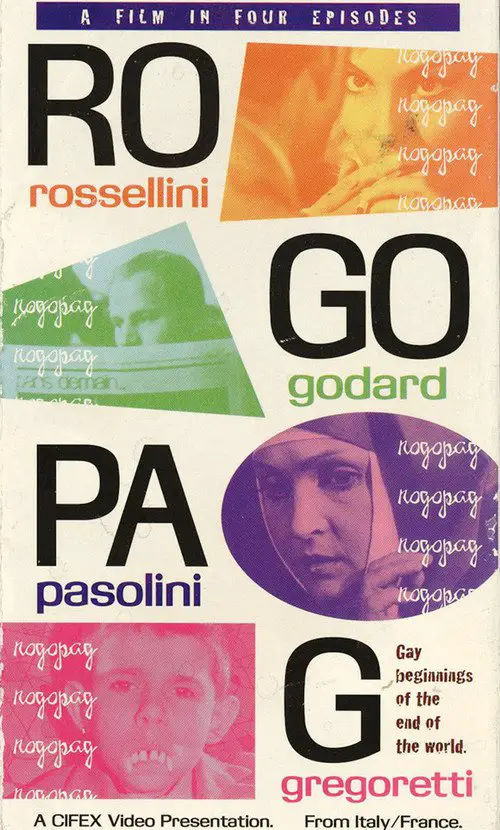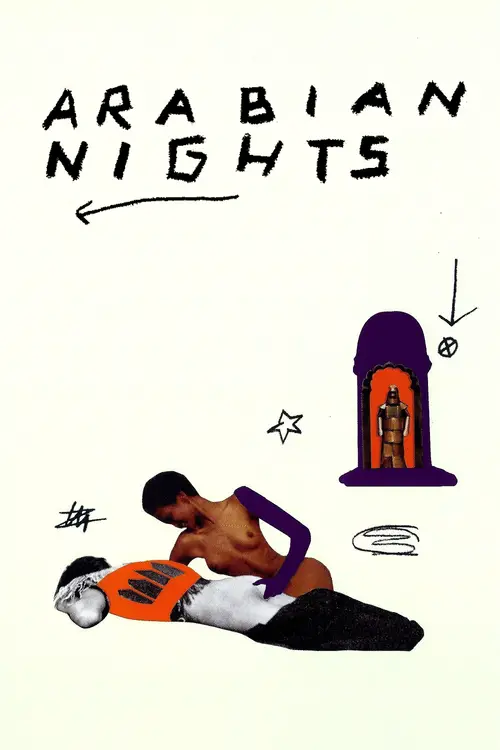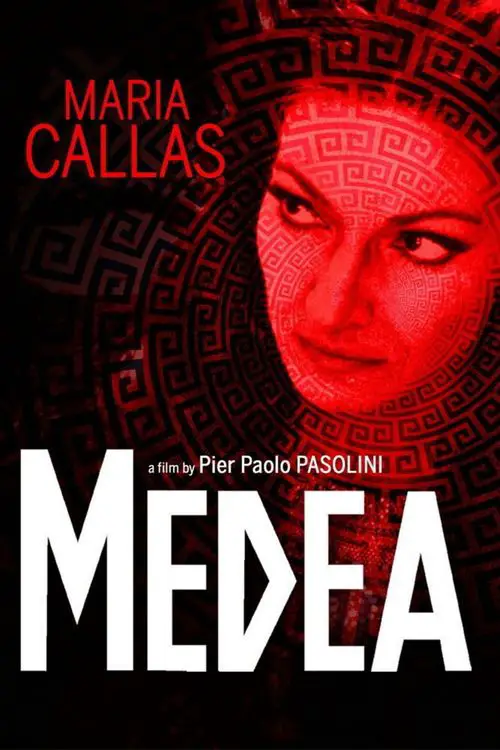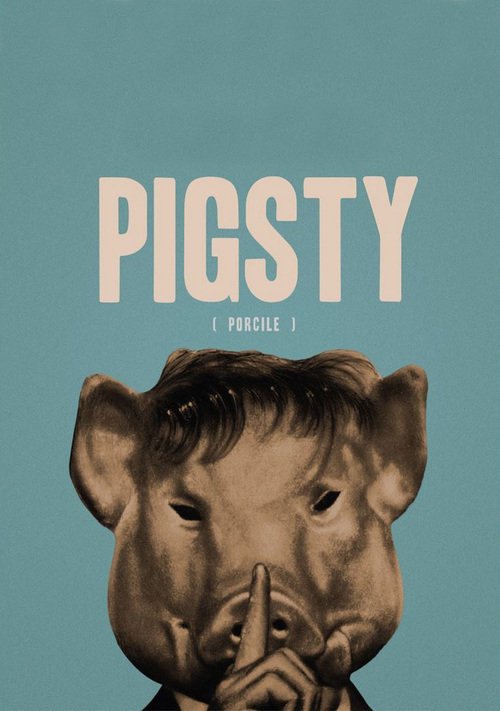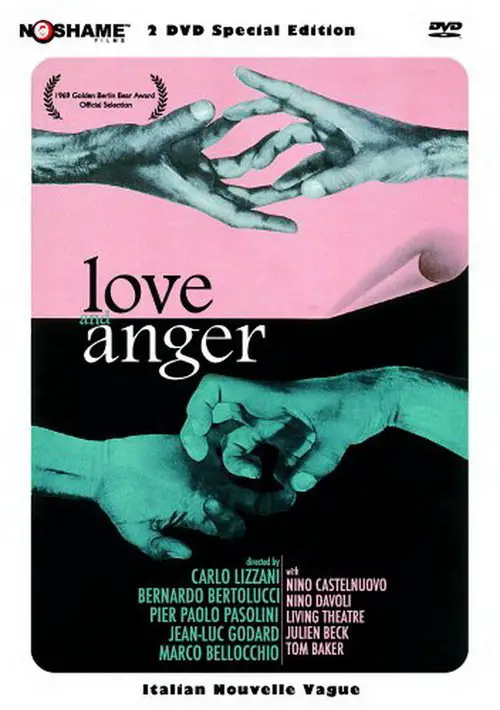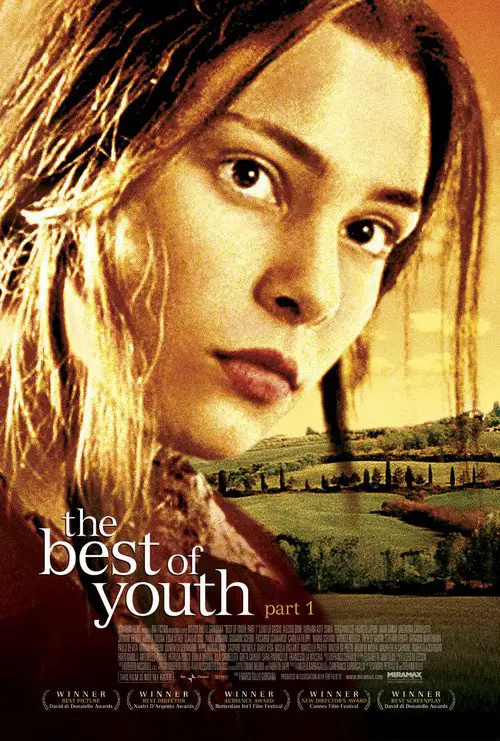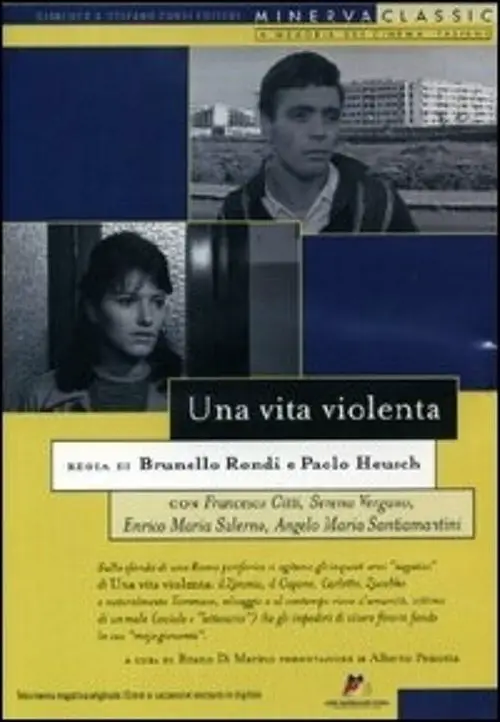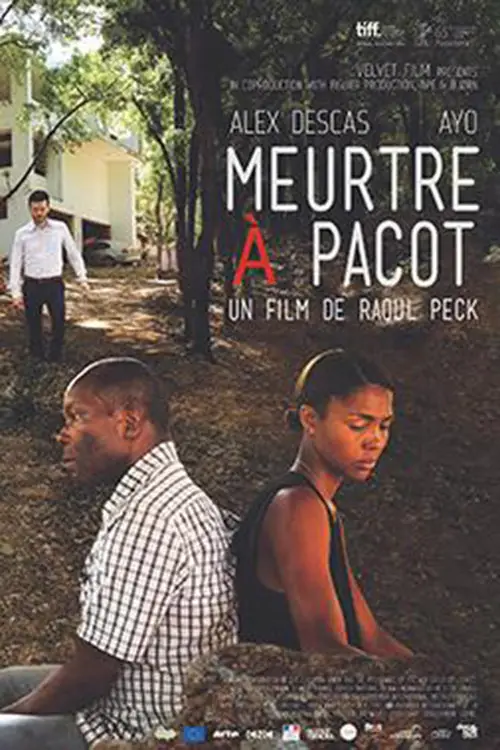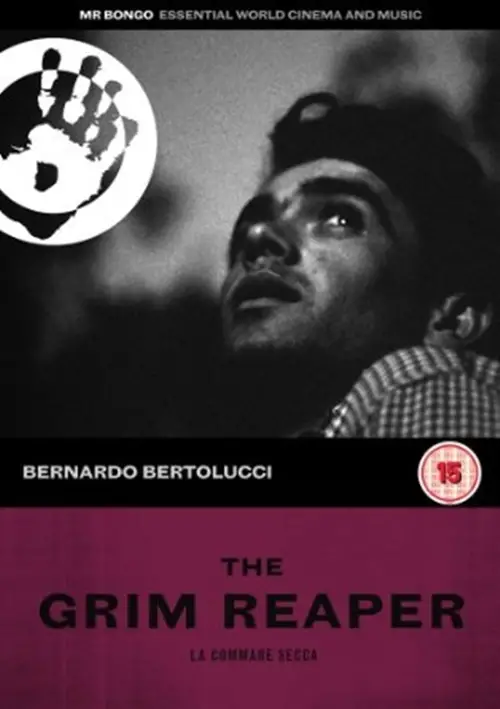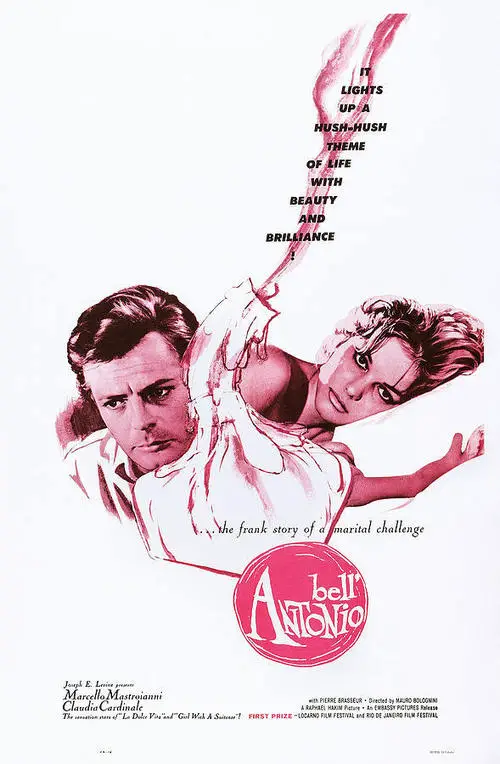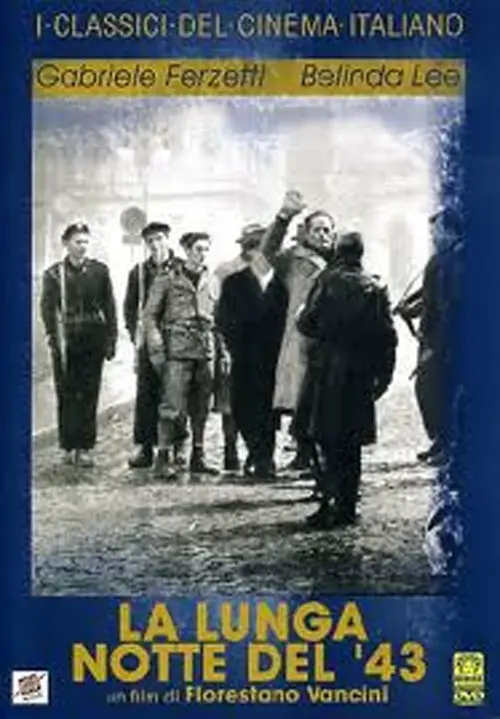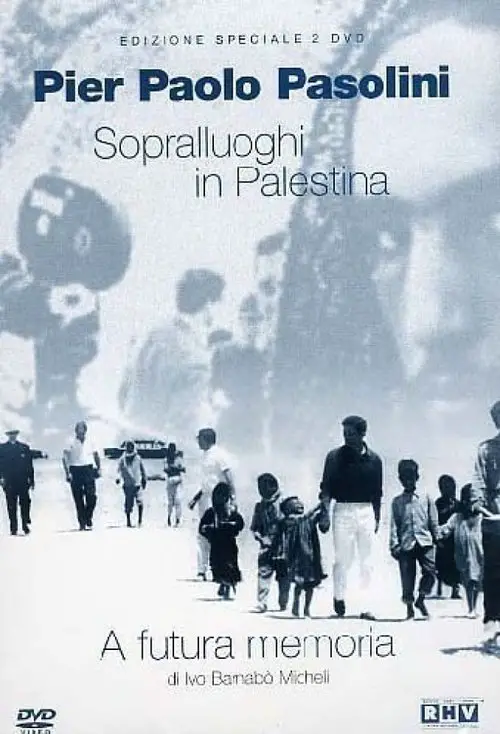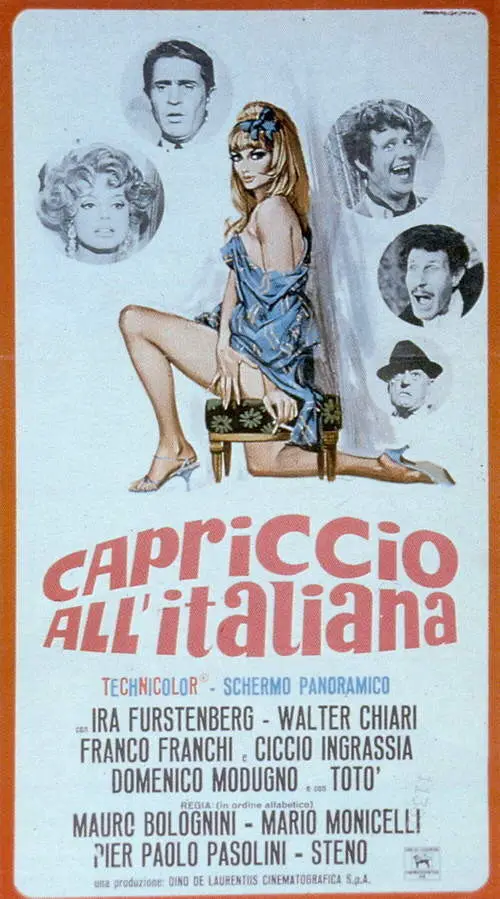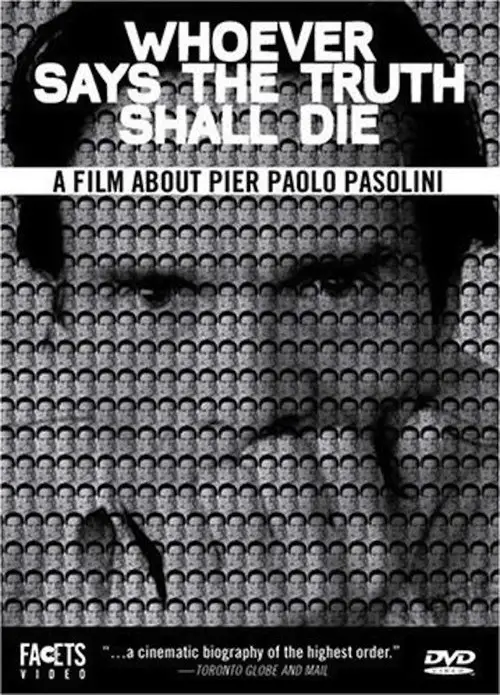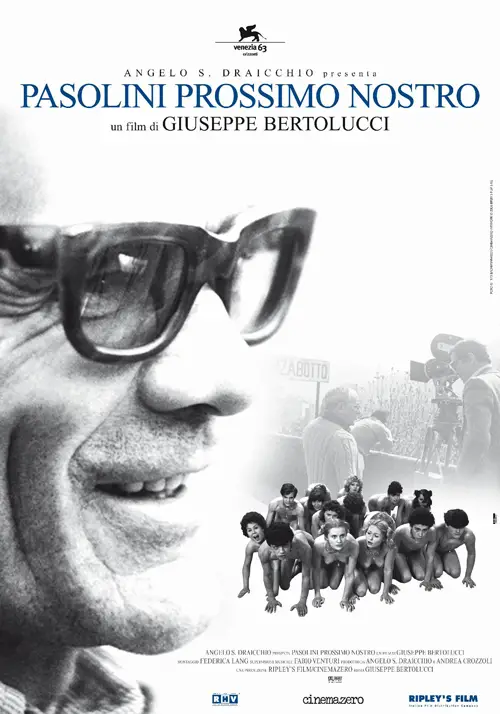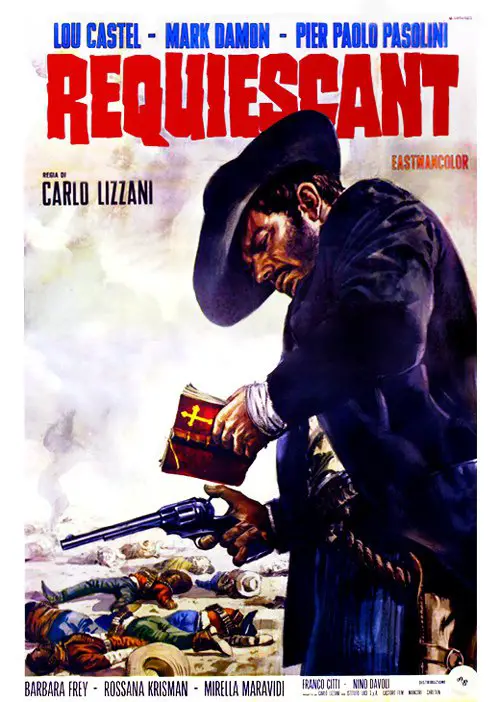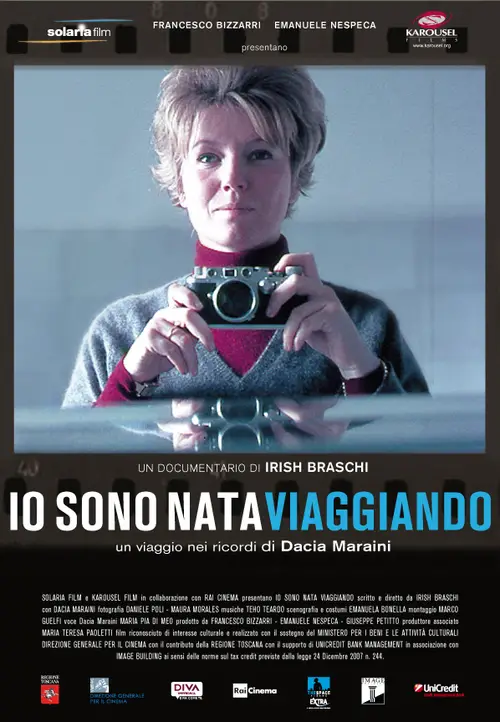La macchinazione (2016)
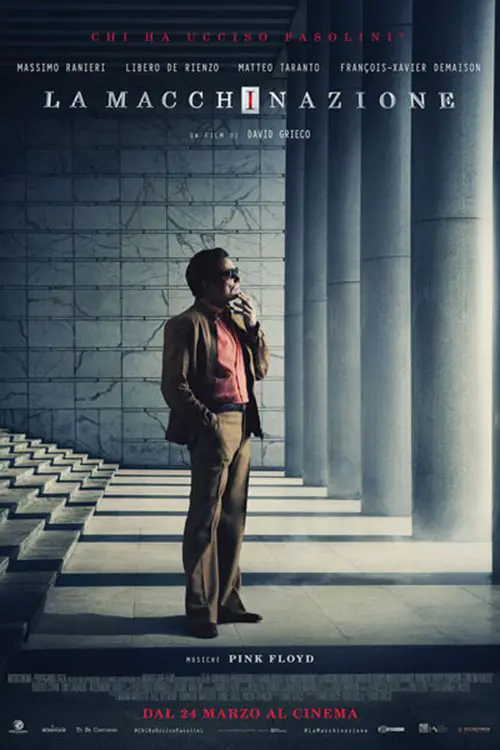
Similar movies
An adaptation of nine stories from Bocaccio's "Decameron": A young Sicilian is swindled twice, but ends up rich; a man poses as a deaf-mute in a convent of curious nuns; a woman must hide her lover when her husband comes home early; a scoundrel fools a priest on his deathbed; three brothers take revenge on their sister's lover; a young girl sleeps on the roof to meet her boyfriend at night; a group of painters wait for inspiration; a crafty priest attempts to seduce his friend's wife; and two friends make a pact to find out what happens after death. Pasolini is up to his old tricks satirizing the Church, and throwing in liberal doses of life and love
We are with Pasolini during the last hours of his life, as he talks with his beloved family and friends, writes, gives a brutally honest interview, shares a meal with Ninetto Davoli (Riccardo Scamarcio), and cruises for the roughest rough trade in his gun-metal gray Alfa Romeo. Over the course of the action, Pasoliniâs life and his art (represented by scenes from his films, his novel-in-progress Petrolio, and his projected film Porno-Teo-Kolossal) are constantly refracted and intermingled to the point where they become one.
This revealing documentary from director Philippe Kohly examines the storied life of renowned soprano Maria Callas, from her troubled childhood in New York City to her scandal-laden but triumphant international career in opera. Featuring archival interviews with Callas herself and footage of contemporaries such as her lover Aristotle Onassis, this celebration of "La Divina" pays tribute to her enduring legacy some three decades after her death.
The story of the murder of a poet, a man, a great film director: Pier Paolo Pasolini. The story begin with the arrest of "Pelosi", a young man then accused of the murder of the poet. All the investigation about the crime is about the question: "Was ONLY the "Pelosi" to kill Pasolini?" The help of a Policeman, Trepalle put in evidence a trouble: Was Pasolini killed because of his accuses to some politicians?
In pre-war Italy, a young couple have a baby boy. The father, however, is jealous of his son - and the scene moves to antiquity, where the baby is taken into the desert to be killed. He is rescued, given the name Edipo (Oedipus), and brought up by the King and Queen of Corinth as their son. One day an oracle informs Edipo that he is destined to kill his father and marry his mother. Horrified, he flees Corinth and his supposed parents - only to get into a fight and kill an older man on the road...
After many years working in the streets of Roma, the middle-age whore Mamma Roma (Anna Magnani) saves money to buy an upper class apartment, a fruit stand and retires from the prostitution. She brings her teenage son Ettore (Ettore Garofolo), who was raised alone in the country, to live with her, and Ettore becomes her pride and joy. However, the boy that does not want to study or work, joins to idle friends, has a crush on a bitch, and Mamma Roma uses her best but limited efforts to straight Ettore and make him an honest man. However, her past haunts her with tragic consequences.
This consists of four short films by different directors. Rosselini's 'Chastity' ('Illibatezza') deals with an attractive air hostess who receives the unwelcome attentions of a middle aged American. Godard's 'New World' ('Il Nuovo Mondo') illustrates a post-apocalypse world the same as the pre-apocalyptic one but for an enigmatic change in attitude in most people, including the central character's girlfriend. In Pasolini's 'Curd Cheese' ('La Ricotta'), a lavish film about the life of Jesus Christ is being made in a poor area. The impoverished people subject themselves to various indignities in the name of moviemaking in order to win a little food. The central character is hoisted up on a cross for filming, and dies there. Finally comes Gregoretti's 'Free Range Chicken' ('Il Pollo Ruspante') in which a family of the materialist culture inadvertantly illustrate the cynical, metallic voiced doctrine of a top sales theorist.
The final part of Pasolini's Trilogy of Life series is rich with exotic tales of slaves and kings, potions, betrayals, demons and, most of all, love and lovemaking in all its myriad forms. Mysterious and liberating, this is an exquisitely dreamlike and adult interpretation of the original folk tales.
Two dramatic stories. In an undetermined past, a young cannibal (who killed his own father) is condemned to be torn to pieces by some wild beasts. In the second story, Julian, the young son of a post-war German industrialist, is on the way to lie down with his farm's pigs, because he doesn't like human relationships.
Five short stories with contemporary settings. In New York, people are indifferent to derelicts sleeping on sidewalks, to a woman's assault in front of an apartment building, and to a couple injured in a car crash. A man, stripped of his identity, dies in bed with actors expressing his agony. A cheerful, innocent young man walking a city street in a time of war pays a price for this innocence. A couple talks about cinema while it watches another couple talk of love and truth on the eve of one character's return to Cuba. Striking students take over a university classroom; an argument follows about revolution or incremental change.
Problems arise for Antonio Magnano (Marcello Mastroianni) when he is unable to consummate his marriage to the beautiful Barbara Puglisi (Claudia Cardinale) and his virility is called into question. Despite the fact that he loves his beautiful wife and they have otherwise been happily married for a year, his problem becomes a source of contention for all concerned.
A father, who is a failed former television reporter tries to mount a documentary about violence and sex among youths. He proceeds to have sex with his daughter who is now a prostitute and films his son being humiliated and hit by classmates. "Q", a perfect stranger somehow gets involved and enter the bizzare family who's son beats his mom, who in turn is also a prostitute and a heroin addict
In the midst of World War II, the story of the affair of a young woman, married to a man bound to a wheelchair, with a desertor from the Italian army, intertwines with that of the grab of power of a very fanatical local fascist leader, who gets the hold with a massacre of Pacific opposers, among them, the father of the young desertor. Oppresive fog covers both dramas, as a reminder of how values such as courage, love and truth are fading.
Raimunda (Penélope Cruz) works and lives Madrid with her husband Paco and daughter Paula. Her sister Sole (Lola Dueñas) lives nearby and they both miss their mother Irene (Carmen Maura), who died several years ago in a house fire along with their father. A former neighbor from their hometown reports that she has seen the ghost of Irene and both daughters do not believe her. After a murder and a family tragedy, Irene's spirit materializes around her daughters to help comfort them.
While scouting locations for his classic "The Gospel According to St. Matthew", director Pier Paolo Pasolini noticed that filming in the actual site of the story, in Palestine, wouldn't be much of a great choice due to the modern invasion which completely altered the biblical settings. Here, the director explained his reasons of why his search in the Middle East end up being wrong - though somewhat fruitful and rewarding in other ways - and why his native Italy surprised him and became the scenario for his religious epic.
Philo Bregstein tells us this film looks at Pasolini's life and art to explain why he died. The film traces Pasolini's life chronologically - family roots, hiding during World War II, teaching, moving to Rome, being arrested and acquitted many times, publishing poems, getting into film, being provocative, and being murdered. Interviews with Alberto Moravia, Laura Betti, Maria Antonietta Macciocch, and Bernard Bertolucci are inter-cut with readings of Pasolini's poems and with clips from four films - primarily the Gospel According to St. Matthew - to illustrate his changing ideas and points of view. Bregstein makes a case for Pasolini's being lynched.
We are on the set of "Salò or the 120 days of Sodom". Pasolini lets a small camera team led by the journalist Gideon Bachmann follow him around engaging him in a long and extraordinary interview/conversation. The interview turns into a long, clear-sighted and violent attack on society that accompanies photos of the set in a surprising juxtaposition of film and reality, revealing Pasolini's metaphorical portrait of modernity.
Requiescant (aka Kill and Pray) is a 1967 spaghetti western directed by Carlo Lizzani. After surviving his family being massacred, a young boy is taken in and raised by a preacher. Years later he comes face to face with the man that killed his family and he is tempted into back into violence. Wild East released a limited edition region 0 NTSC DVD on 1 November 2004, preserving the film's original widescreen aspect ratio. The DVD has the English title Kill and Pray on the box art but title on the print used for the DVD transfer is the original Italian "Requiescant" title. The DVD is currently unavailable and hard-to-find.
© Valossa 2015–2025
| Privacy Policy
